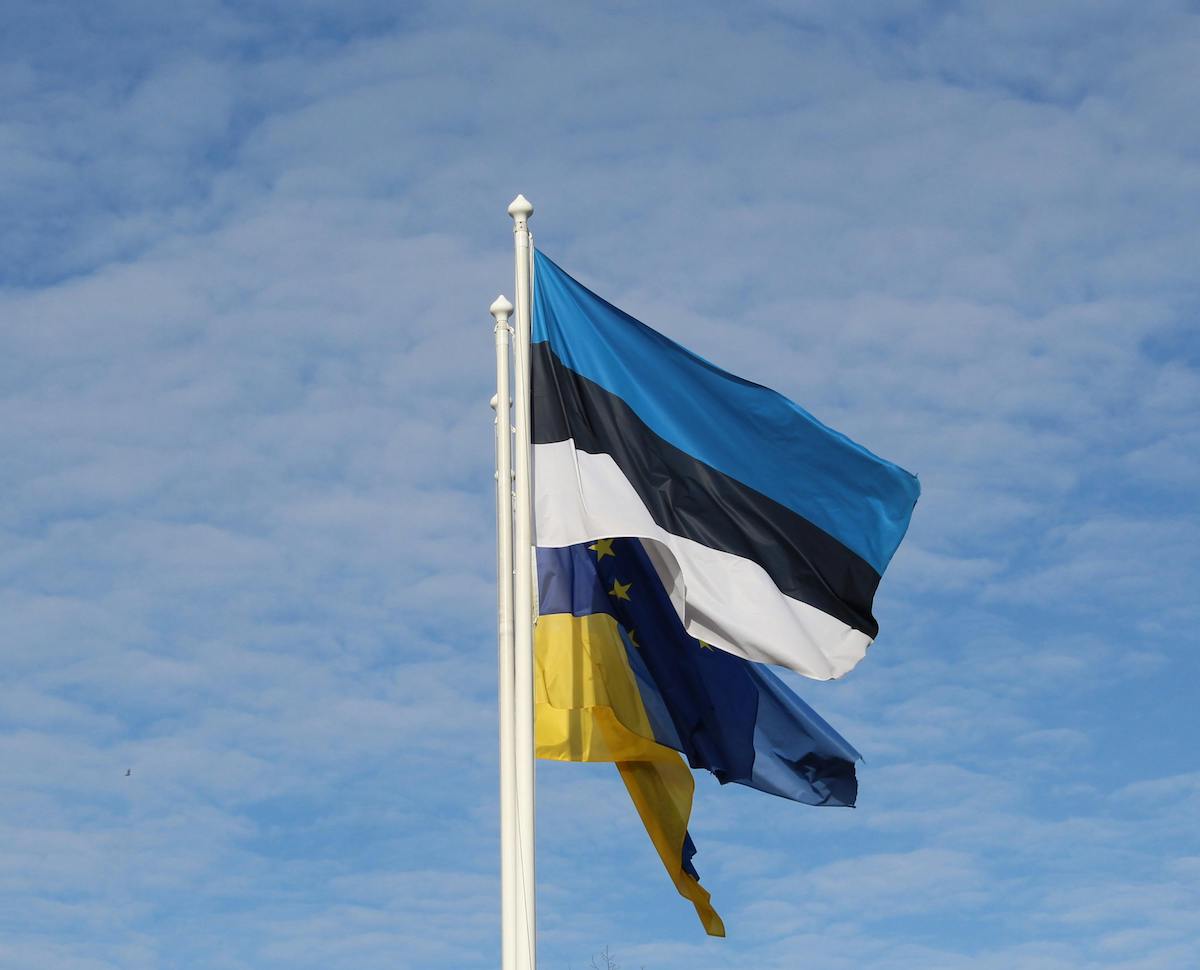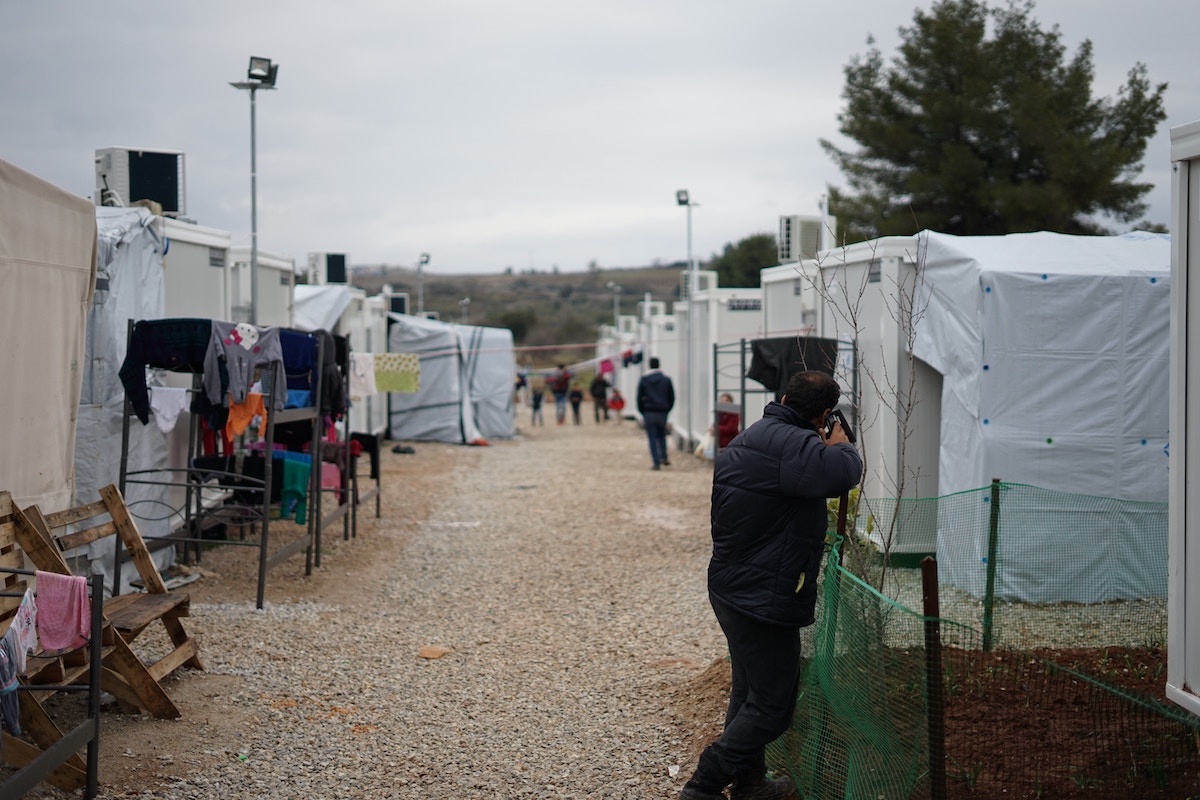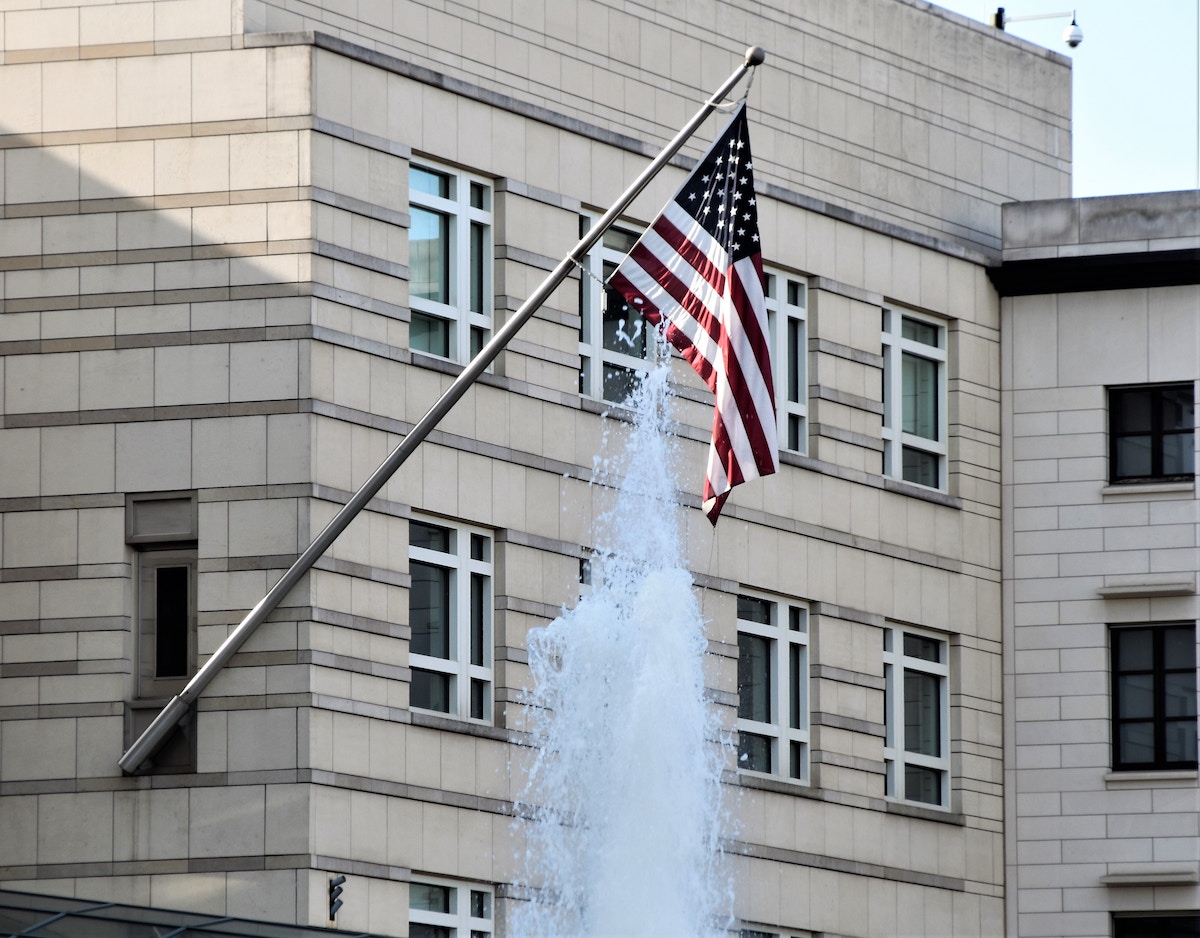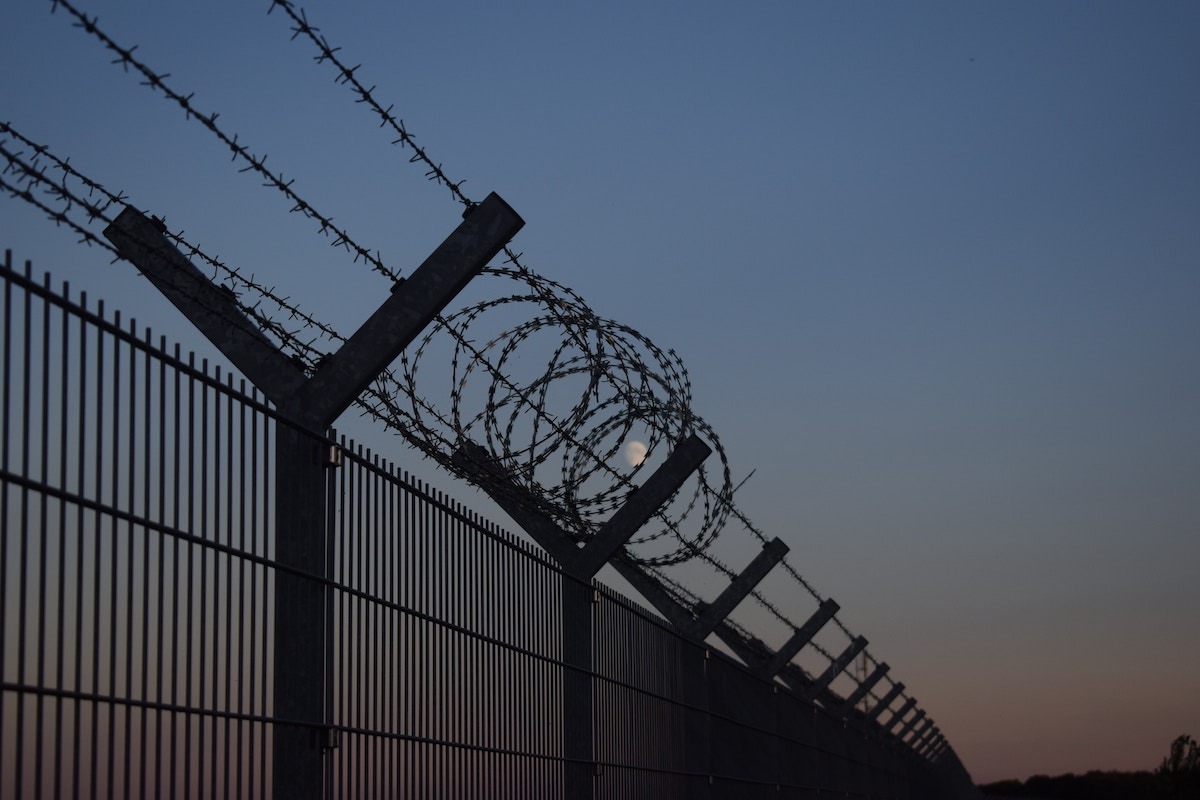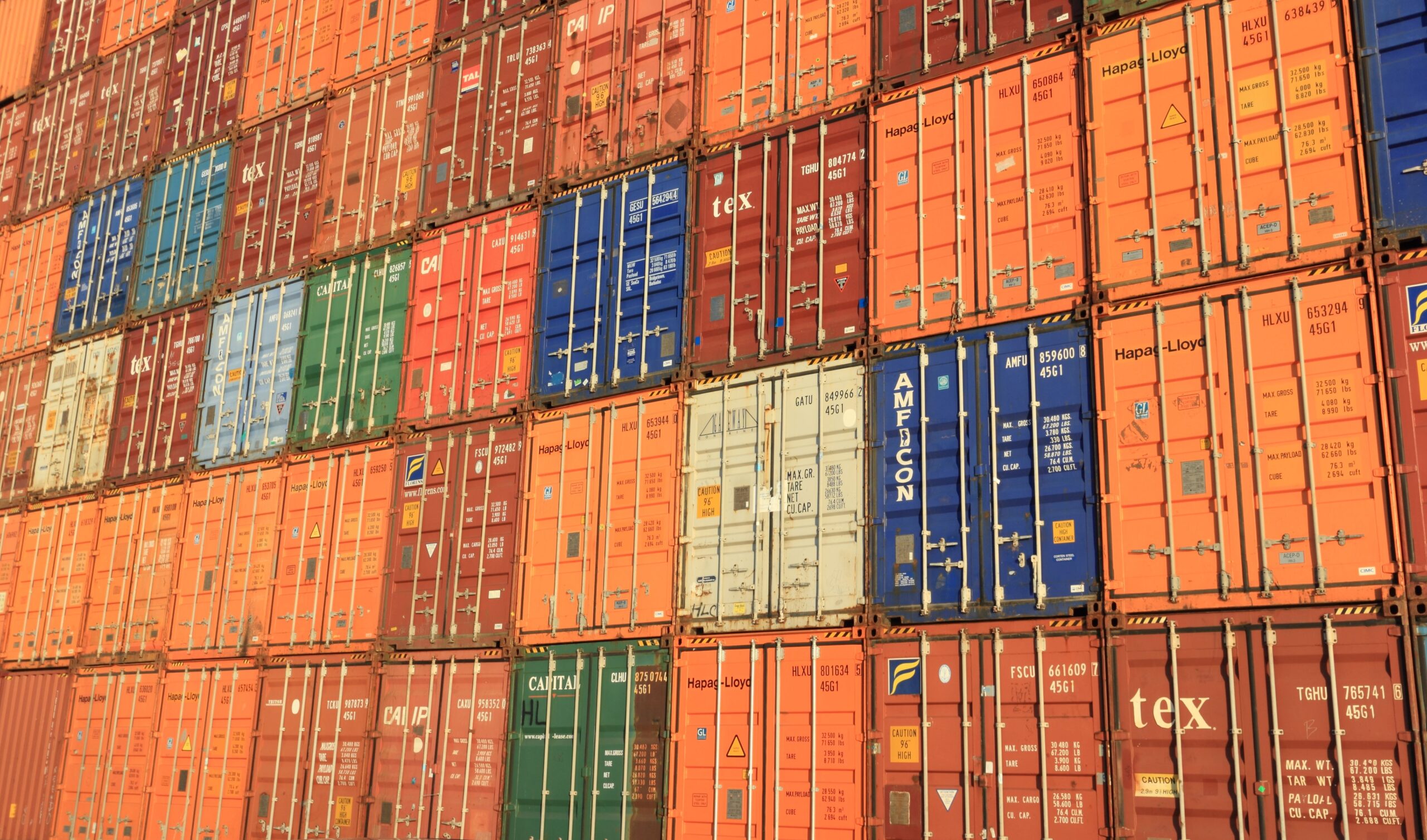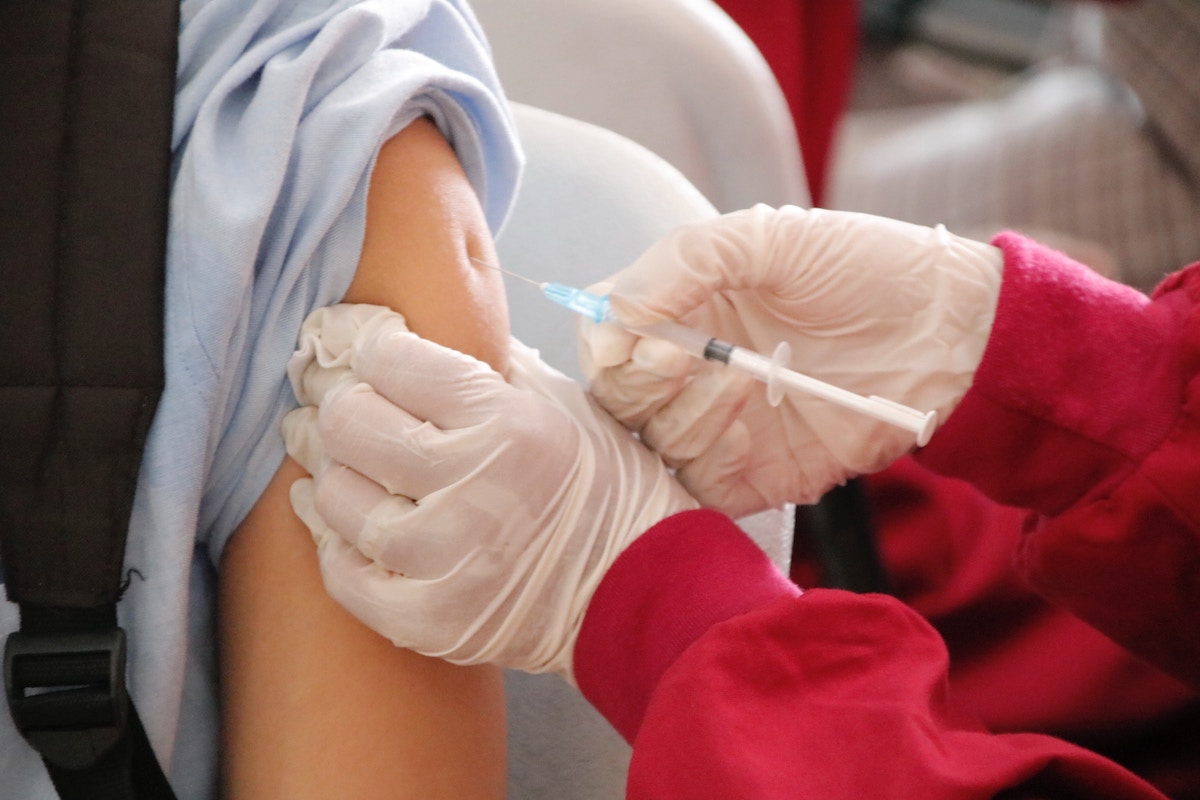Report
Estonia Weekly: Satirical “Olivier Salad Ban” Rumour Fuels Russophobia
Pro-Kremlin online voices in Estonia amplified both fabricated claims about cultural repression and criticism of long queues at the Narva border, framing these measures as evidence of “Russophobia.”
Weekly Reports
Estonia Weekly: Security, Policy Critiques, and Global Politics
The week’s social media activity in Estonia centered on both global and national political issues. Security challenges, such as threats to the physical safety of Estonian schools, were a primary concern, with public discourse questioning potential links to Russian propaganda. The newly adopted vehicle taxation policy sparked varied reactions among citizens. Trade relations with South Korea and the European trade sphere were discussed as potential opportunities for Estonia. Many posts also addressed the situation in Israel. The predominant narratives cast doubts on the competence of national security services and politicians, criticized US foreign policy, and suggested that the Estonian government is not acting in the best interest of its people.
Read moreLithuania Weekly: Bomb Threats, Hamas’ Attacks, and New Real Estate Tax
This week, all types of media in Lithuania were overwhelmed discussing alleged bomb threats in the country. In just a couple of days, the police in Lithuania had received more than 1,500 reports from various institutions of received bomb threats, that were concluded to be “a targeted and coordinated attack carried out at the initiative of hostile states. Kremlin-aligned media used the government’s “inadequate reaction” to false bomb threats to further spread the anti-government sentiments. The other topics with most engagement during this reporting week were: Hamas’ attack on Israel and its spillover effects, Russia’s aggression against Ukraine, visibly increasing numbers of COVID-19 cases in Lithuania, and Seimas’ approval of the draft law concerning the real estate tax.
Read moreLatvia Weekly: Historical Narratives, Migration Concerns, and Economic Alliances
This week continued to explore previously addressed topics such as the Istanbul Convention, corruption, and illegal migration on Latvia’s eastern border, but without the predominance of COVID-19 content seen in previous months. The narratives remain deeply negative and critical towards the Latvian government, focusing particularly on allegations of corruption.
Read moreEstonia Weekly: Free Speech, Conflict Comparisons, and U.S. Embassy Concerns
Estonian social media this week focused on the Israeli-Palestinian conflict, freedom of speech issues, and the victimization of hate speech crime offenders. Additionally, there was skepticism about American activities in Estonia, particularly regarding the construction of a new U.S. Embassy in Tallinn. The narratives suggested that Israel’s actions against Hamas are analogous to Russia’s actions in Ukraine, that suppressing disinformation infringes on free speech rights, and that hate speech offenders are being unjustly victimized. The embassy construction is seen as harmful to the interests of Estonians and Tallinn residents.
Read moreLithuania Weekly: Distrust in Officials and Confusion between Private and Public Interests
Analysis of specifically Kremlin-aligned media in Lithuania revealed that these outlets continued to promote the anti-government narrative. All most engaged stories from this type of media outlet carried negative sentiments targeting the government, trying to turn its audience against the main ruling politicians or national institutions. In the centre of attention this week – Lithuanian Chief of Defence General Valdemaras Rupšys, who made headlines due to revelations about the (mis)use of his state allowance, which he used to rent an apartment from his son. Kremlin-aligned media, whose interest greatly corresponds with anti-government sentiments, widely covered this topic, emphasising the confusion between public and private interests. The authors used the situation to question the general’s morals, negatively picturing not only him, but the whole ruling government and governance system in general. Kremlin-aligned media constantly use similar narratives to draw wider pictures at the national level, beyond single cases.
Read moreLatvia Weekly: Border Security Concerns, Linguistic Polarization, and Political Critique
In this week, the disinformation primarily addressed domestic issues, such as polarization between Latvian and Russian speakers, the ratification of the Istanbul convention, and the influx of illegal migrants at the eastern border of Latvia. Content on Twitter reached a significantly lower audience compared to other platforms, with video content showing higher levels of engagement.
Read moreEstonia Weekly: Security, Taxation and Trade Challenges
This week reflects the main processes in the world and national politics. Activity in social media is focused on security challenges within Estonian society, threats were received in Estonian schools, that were directed to physical security, questioning whether if there is relation to the Russian propaganda and other relate forces. A legislation was adopted with regards to the vehicle taxation policy, which is regarded by different opinions in the society. South Korea earned the attention over the social media, that Estonia could benefit to the South Korean and European trade. Many posts are related to the situation in Israel. The main narratives are naming the national security services as incompetent, that national vehicle taxation policy is a fail. and will lead to collapse of the market, US is dominating in the world politics only for its narrow economic and political interests, that Estonian politicians are incompetent in the domain of the world trade and economy, that state of Israel is a fail of US hegemonic policies of the cold war era and Estonian government is working against Estonian people
Read moreLithuania Weekly: Undermined Support for Ukraine, Upcoming Elections and Political Mistrust
During this reporting period, Kremlin-aligned media emphasised the “failing education system” (due to the ongoing teachers’ protests) and commented on all the revealed candidacies for the upcoming presidential elections. Hostile media has also continued to undermine support for Ukraine, claiming that the main initiators of its fundraisers in Lithuania are widely involved in accounting scandals and are only looking to benefit from the funds themselves.
Read moreLatvia Weekly: Vaccine Anxiety, Education Fears, and Pension Discontent
The majority of content continues to focus on COVID-19, specifically the anxiety surrounding mandatory vaccines. Content in Latvian language reaches a smaller audience compared to Russian, but garners more comments. Interestingly, the same content is received differently by Latvian and Russian-speaking audiences; Latvian responses are more critical, while Russian responses are predominantly supportive.
Read moreShowing 316 to 324 of 334 results
Don’t miss a story.
We publish stories that change laws, lives, minds and the world. Subscribe to our newsletter to get our investigations delivered to your inbox.
